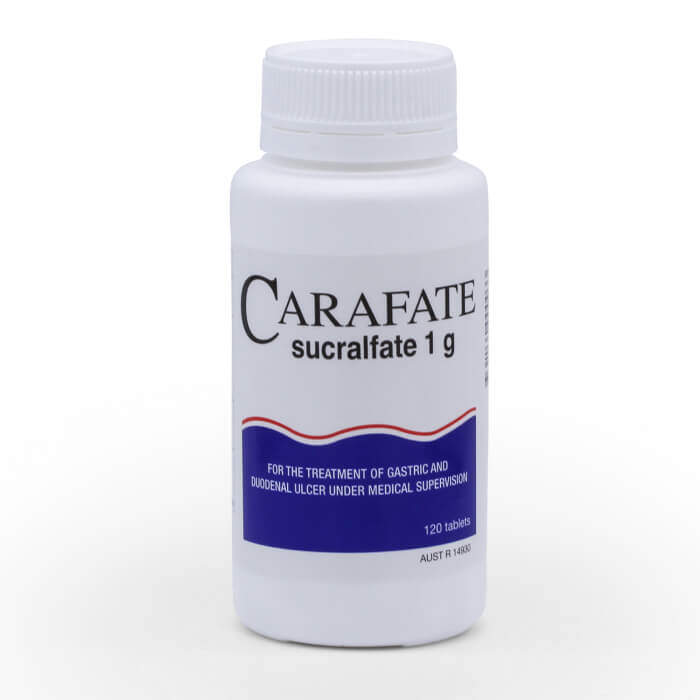Carafate
A prescription drug called carafate is used to both treat and prevent stomach ulcers. Carafate functions by creating a barrier over the ulcer, preventing further harm and promoting healing. Users of Welzo can use this article for informational purposes to better understand Carafate.

